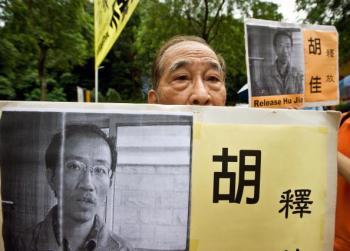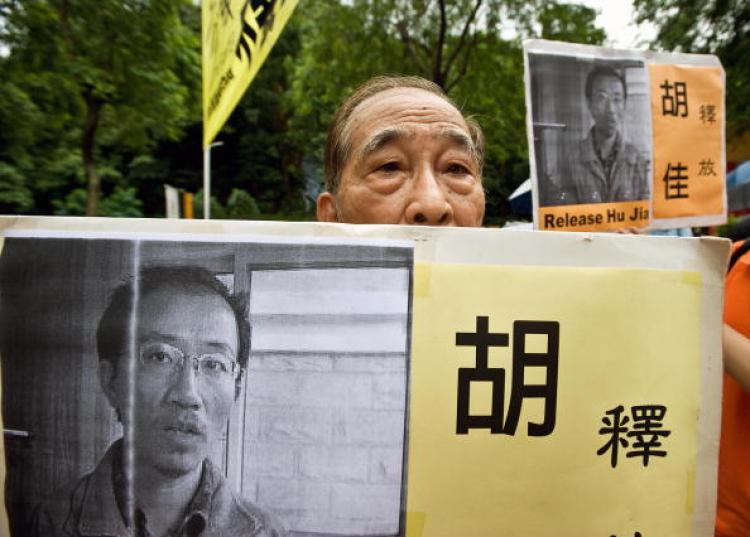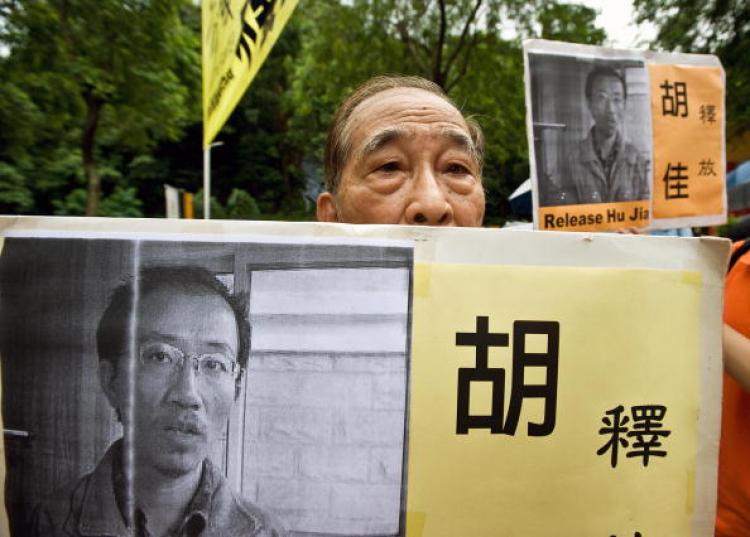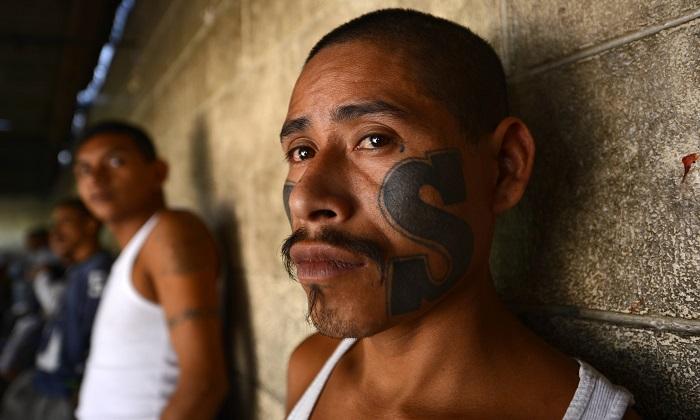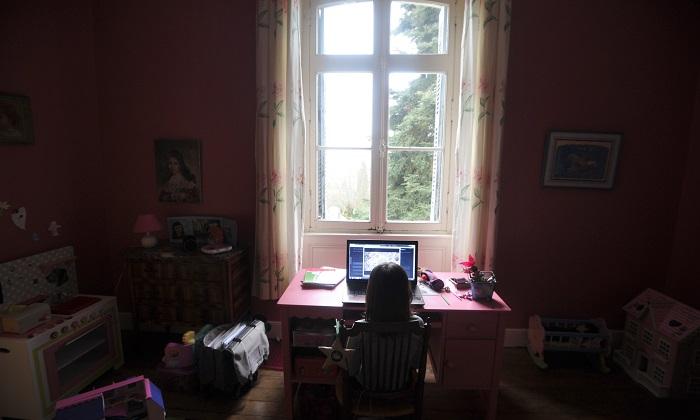Just hours before the Olympic’s opening ceremony, Beijing residents had the chance to tune into a 20 minute clandestine radio broadcast that called for the end of media censorship and the release of imprisoned dissidents in China.
The French based Reporters Without Borders (RWB) began their broadcasting on local FM radio to a number of districts in the Chinese capital at 8.08 a.m local time – exactly 12 hours from the beginning of the official opening of the Olympic Games.
The programme was played in English, French and Mandarin and featured Robert Menard, secretary general of the group, and also the voices of Chinese dissidents and media workers now based in the US.
“China is the country of censorship,” said Mr Menard in the broadcast, “and this program is our way of making fun of the Chinese authorities who still keep hundreds of journalist and internet users in prison. It is our way of saying to them ‘despite everything that you do, here are the voices of people you want to silence and they are speaking in the heart of Beijing on the very first day of the Olympics’.
“It is our way of saying ‘whatever measures you take, you will never be able to abolish the right of free speech,’” he said.
The programme went on to describe the promises of media freedom by Chinese officials in the bid for the Olympics in Moscow, 2001 and how subsequently those promises have been broken.
The broadcast also described how censorship and propaganda is enforced and enacted. TV and radio, it stated, is even more censored than print media.
Anyone who criticises the Chinese authorities for breaking promises are put into jail or intimidated, the broadcast said. It gave examples of a number of human rights campaigners and pro-democracy activists who have been jailed for asking for human rights before the Olympics and described how one of them – Hu Jia – will spend the Olympics in a prison for publishing five articles on the internet and giving two interviews to foreign press. He was sentenced to three and half years in prison.
Yang Jianli, a political prisoner who was jailed because of his involvement in a worker’s strike in northern China in 2002, described the probable conditions that these prisoners would be suffering. “They are very harsh and cruel – especially with prisoners who have just entered the prison. They harass you physically or mentally, and make you submit,” Mr Yang said.
“You are left alone in your cell for the first 15 months. You cannot read books, you cannot receive news from abroad, you cannot talk to people, you can just walk to and fro in a tiny cell all day long, [but you have to also] sit and stand still for four hours – this is what we are reduced to in the first 15 months,” he said. Mr Yang spent five years in jail.
The other Chinese voice heard in the broadcast was the editor of US-based, Chinese-language news website Boxun, which has ten of its contributors in China imprisoned.
China has more reporters in jail than any other place in the world.
